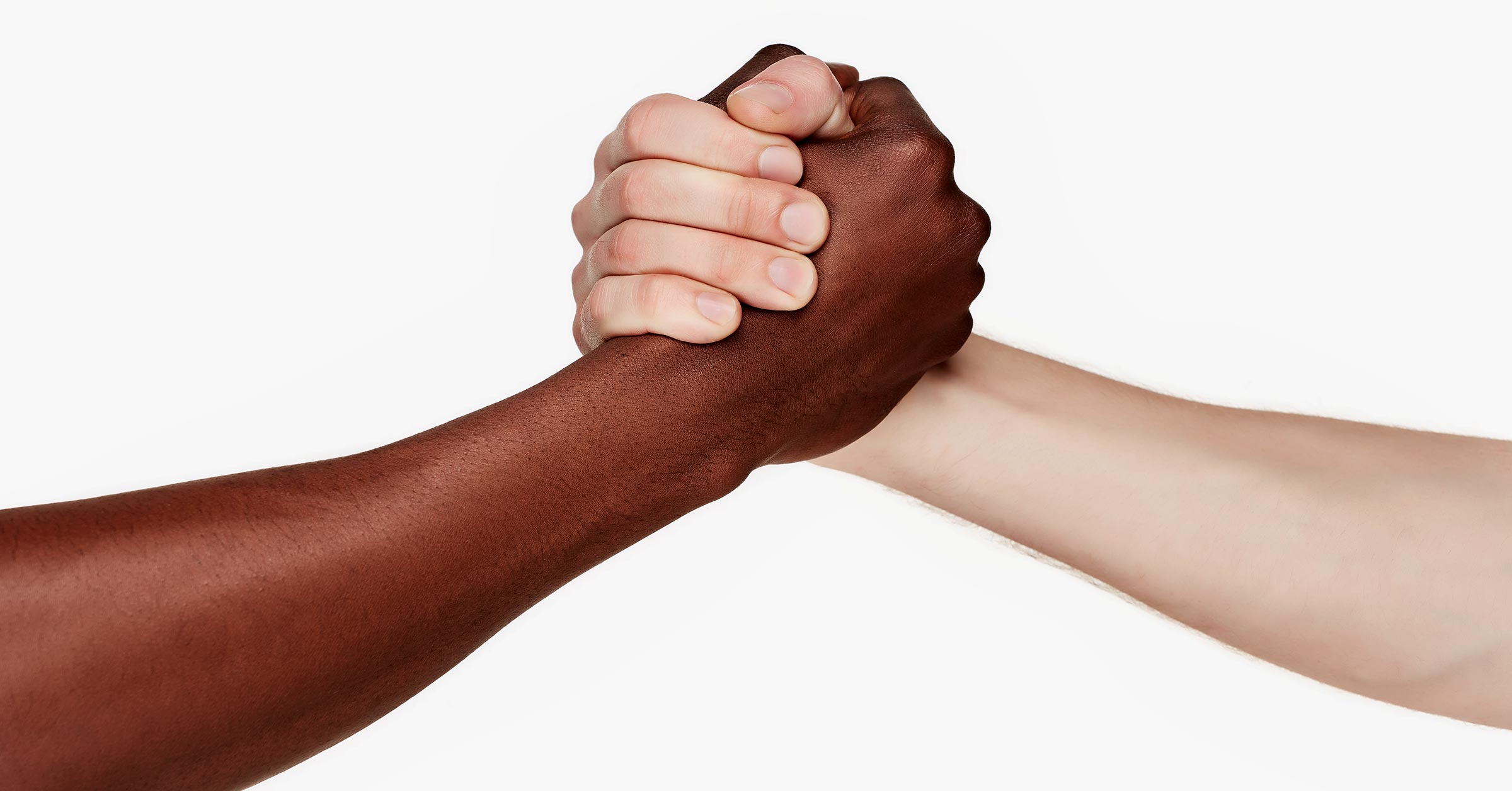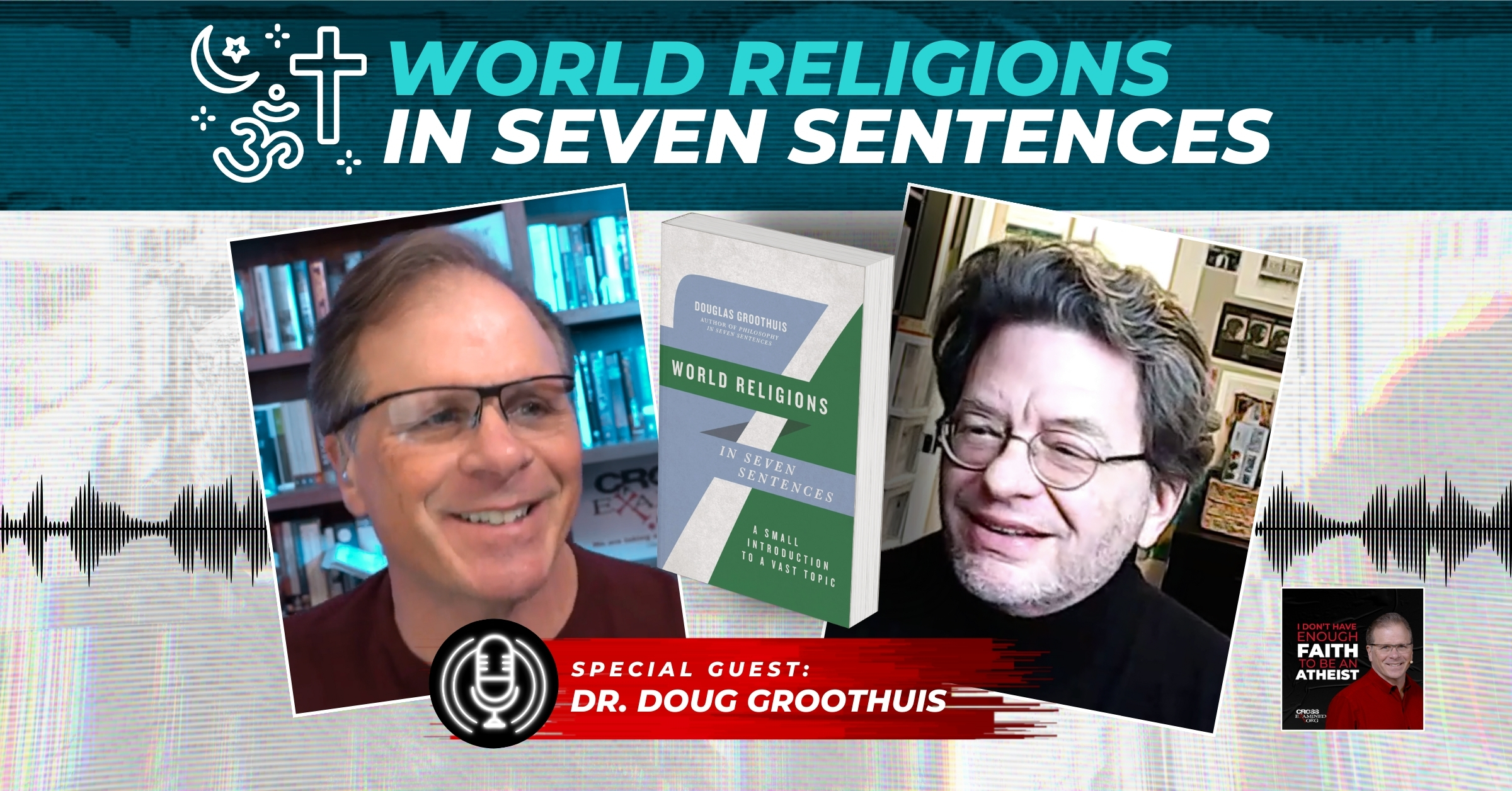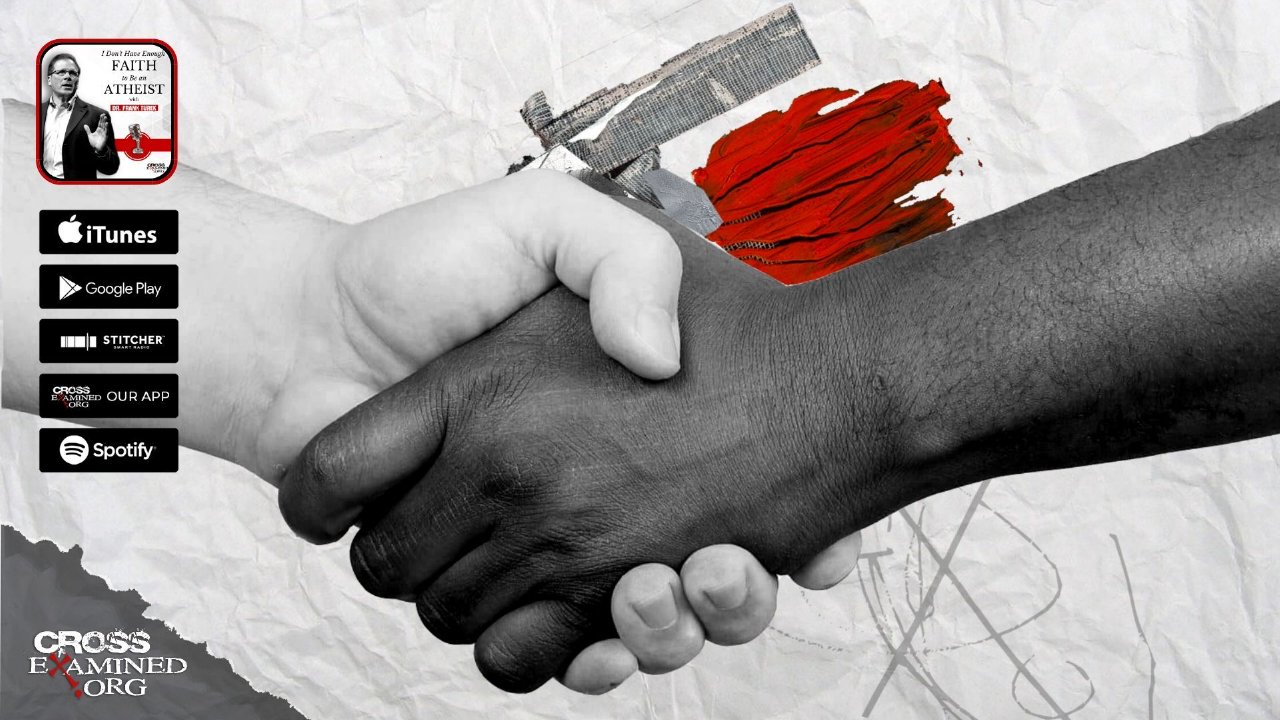3 Unhelpful Things in the Race Conversation That Need to Stop NOW
Race and injustice are difficult topics to discuss. And while the church must talk about it, I’ve seen a lot of harmful missteps along the way. Here are three unhelpful things that people are doing in the race conversation that needs to stop. Now.
Warning: This might be too spicy for some people. Read with caution.
1) Speaking to or for an entire group of people
Indeed, each group of people across all shape, color, and size have unique experiences and perspectives. There may be certain types of injustices that face specific people. But attempting to speak to or for an entire group of people is unhelpful. I’ve seen so many White Jesuses on social media trying to bear every sin white people have ever committed. Stop it. Get over yourself. Quit pandering. Read Matthew 6:1-4.
If you are personally guilty of discrimination or racial injustice, then seek forgiveness for your sins. The Bible does teach us to confess our sins to one another for accountability and the health of our Christian community (James 5:16). No one but Christ, however, can grant forgiveness to entire groups of people, who died for the sins of every person across all time.
2) Responding to “Black lives matter” with “All lives matter.”
Anytime someone says, “Black lives matter,” it’s inevitable that someone will snap back “ALL lives matter.” I understand where this is coming from, but it’s actually unhelpful. The whole purpose of the phrase “Black lives matter” is that some black people feel their lives don’t matter, that they are valued less than people with light skin. When you clap back, “ALL lives matter,” you’re confirming what they may already believe, that you don’t care about the specific injustices facing their community.
If you must respond when someone says, “Black lives matter,” you can simply say, “Yes.” Or, “I agree with you.” “I’m so sorry you feel like black lives don’t matter.” And how about, “What can I do to help?”
Just remember that the reason why any lives matter at all is because we are created in the image of God (Gen. 1:27, Gal. 3:28, Col. 3:11). Red and yellow, black and white, we are precious in His sight. Every human has the same intrinsic worth, which does not vary by the amount of melanin in one’s skin. And if God doesn’t exist, then no lives matter.
I’m not arguing never to say, “All lives matter.” It’s a true statement. I’m simply saying that responding with that phrase to someone who says “Black lives matter” misses the whole point of the slogan.
This leads into…
3) Minimizing true victimhood
Whenever people discuss victimhood, someone inevitably mentions how Jesus was the ultimate victim, as if that fixes everything and will make everyone feel better. Yes, Jesus was the only perfectly innocent person ever, and his death was the greatest injustice that ever occurred. And, yes, Jesus can relate to our pain and suffering (Heb. 4:15). But PLEASE don’t use this to minimize someone’s unique suffering. Might someone be whining over nothing? Of course. But that certainly is not true of every situation. We need to help correct injustice, not just paint over it.
Let people speak. Listen with the intent to understand, not just to respond with pious platitudes. Only then can we properly address someone’s unique circumstances and encourage true racial healing.
Recommended resources related to the topic:
Fearless Generation – Complete DVD Series, Complete mp4 Series (download) by Mike Adams, Frank Turek, and J. Warner Wallace
Timothy Fox has a passion for equipping the church to engage the culture. He is a part-time math teacher, full-time husband, and father. He has an M.A. in Christian Apologetics from Biola University as well as an M.A. in Adolescent Education of Mathematics and a B.S. in Computer Science, both from Stony Brook University. He lives on Long Island, NY, with his wife and two young children.
Original Blog Source: https://bit.ly/3dVMV5C












Leave a Reply
Want to join the discussion?Feel free to contribute!